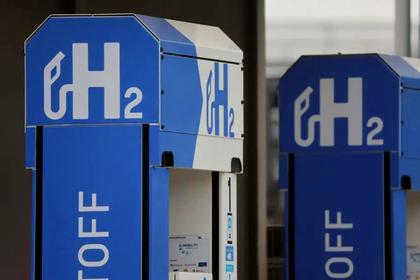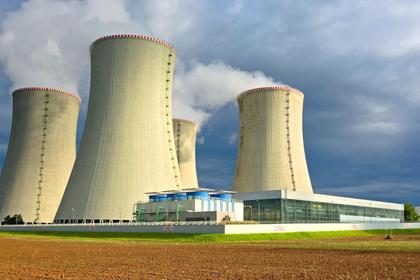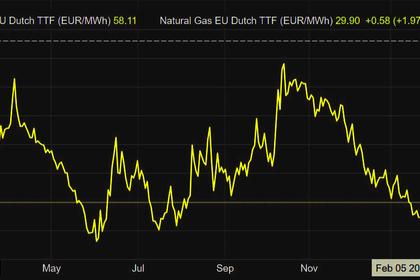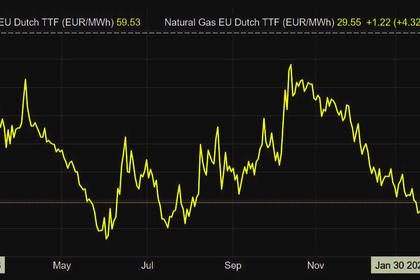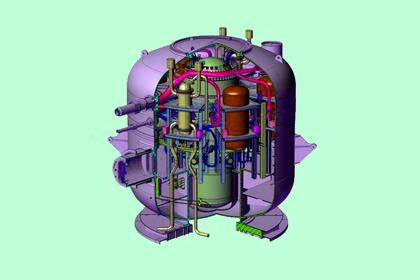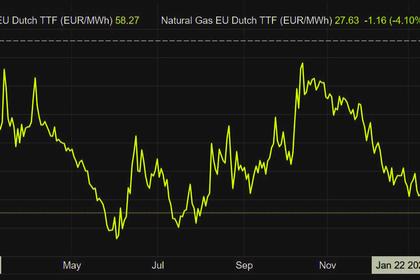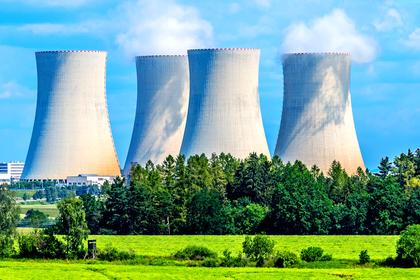
EUROPE NEED SMR NUCLEAR
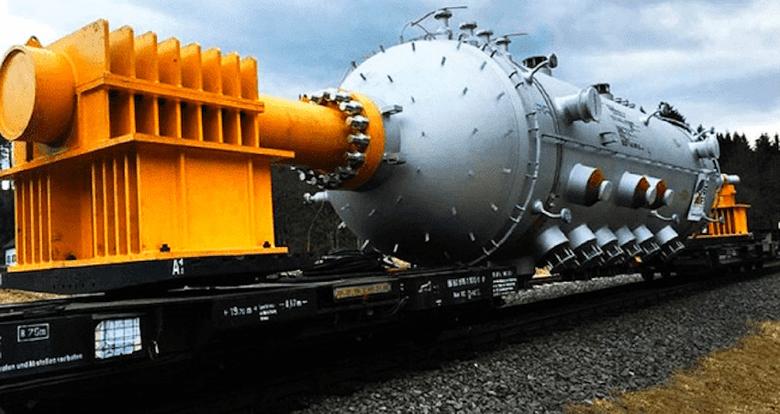
PLATTS - 14 Feb 2024 - Small modular reactors should help the EU to bring greenhouse gas emissions 90% below 1990 levels by 2040, the European Commission said Feb. 9.
Details of a "European Industrial Alliance on SMRs" were announced following EC recommendations published Feb. 6 to decarbonize EU energy systems by between 2040 and 2050.
"As we are facing a race to generate sufficient decarbonised electricity to achieve our climate ambition, nuclear energy, and Small Modular Reactors (SMRs) in particular, has a central role to play," Thierry Breton, EU commissioner for the internal market, said in a statement Feb. 9.
"The European Industrial Alliance on SMRs will guide the process for the deployment of the first SMRs in Europe by the early 2030s, creating a strong European supply chain for our climate ambition and the competitiveness of our industry," Breton added.
The upcoming launch of the SMR Alliance was also announced, without details, in a separate Feb. 6 document.
The EC, in its Feb. 9 statement, called for "membership applications" from reactor vendors, specialized nuclear companies, financial institutions, research organizations, training centers and non-profit groups. "The key objective of the Alliance is to reinforce the nuclear supply chain in Europe by leveraging its manufacturing and innovation capacity and strengthening EU cooperation," the EC said.
"Compared to the larger, conventional nuclear power plants, SMRs have several advantages — such as shorter construction time schedules, enhanced safety features and a sounder appeal to private investors thanks to their lower initial costs and shorter development timelines," the commission added.
Kadri Simson, energy commissioner, said "the EU Industrial Alliance on Small Modular Reactors will bring together the technology side and energy companies to make the most of safe and versatile new nuclear technologies. They can contribute on our decarbonisation pathway to complement renewables, and provide baseload energy production."
Deployment challenges
Yves Desbazeille, director general of industry group NuclearEurope, in a statement Feb. 6 welcomed the SMR alliance, saying it would help Europe to resolve challenges for the "smooth deployment" of SMRs, such as supply chain, research and investment gaps.
"We are delighted that the commission is moving ahead with this Industrial Alliance in order to work on viable solutions to overcome these challenges," he said. "The deployment of SMRs will bring significant benefits to Europe, including greater energy sovereignty, lower CO2 emissions, new jobs and economic growth."
However, in a statement Feb. 2, Greenpeace criticized the SMR alliance's role in hitting climate targets. "Research shows that this technology is nowhere near ready, bears the same safety and environmental risks as the current nuclear technology and is facing huge financial challenges," it said.
"Investment in this technology risks diverting money away from the rollout of solutions already proven to cut fossil fuel use, such as public transport, home insulation and renewable energy," it added.
The Feb. 6 document, which announced the launch of the Alliance, referred to "Europe's 2040 climate target and path to climate neutrality by 2050."
This document, known as a communication, said "All zero and low carbon energy solutions (including renewables, nuclear, energy efficiency, storage, CCS, CCU, carbon removals, geothermal and hydro-energy, and all other current and future net-zero energy technologies) are necessary to decarbonise the energy system by 2040."
The communication also said that the EU's installed nuclear capacity was projected to decline from around 110 GW in 2015 to 94 GW in 2030 and 71 GW in 2040 and 2050. Nuclear energy was also projected to supply 129 million tons of oil equivalent of energy across the 27 EU member states in 2040, down from 139 MTOE in 2030.
An impact assessment accompanying the communication noted, however, that all assumptions "reflect the situation until March 2023." However, in June 2023, France adopted a law which removes the previous policy objective of reducing the share of nuclear power in the power mix, and adds plans to deploy an additional 3.3 GW of nuclear capacity by the mid-2030s.
The document added in a footnote that "French nuclear capacity is projected to decline in 2040 in the scenarios analysed," whereas in fact, following the June announcement, "current estimates suggest that French nuclear capacity could actually increase to 54-71 GW. In the EU, this would translate to an estimated nuclear capacity of between 82 GW and 101 GW in 2040."
"Future analysis" will take the revised French policies into account, the communication said. It noted, however, that "With the new French policy, the installed capacity of nuclear plants in Europe" is likely to be around 88 GW in 2040, rather than the 71 GW assumed in the "key energy indicators" used for predictions throughout the text.
Nuclear alliance could change picture further
Predictions are further complicated by the creation in May 2023 of a "nuclear alliance" led by France with 14 other European nations.
The alliance said May 17 it will develop plans to have 150 GW of nuclear power capacity in the EU by 2050. "Recent announcements by several Member States show a renewed interest in nuclear energy," the Feb. 6 commission communication noted.
The estimates and 90% emissions reduction target presented by the commission are recommendations only, setting out the agreed objectives of current senior EU officials. Binding emission targets legislation could be proposed by a new "college" of 27 European commissioners, who are due to be selected and take office before the end of 2024.
-----
Earlier:
